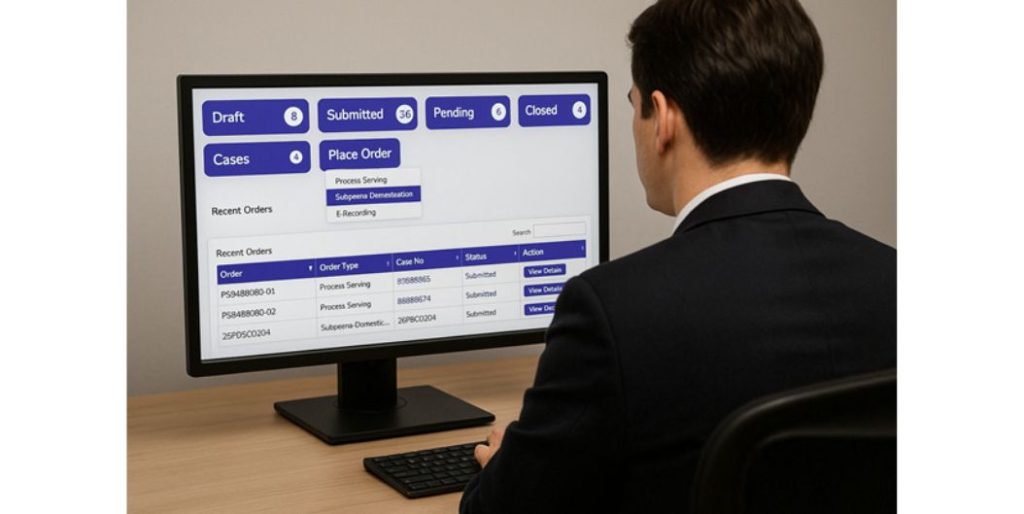Trying to serve a Connecticut subpoena in California? You must first domesticate it properly under California law using the Uniform Interstate Depositions and Discovery Act (UIDDA). Here’s a simple guide to help you complete the process.
California courts do not have automatic jurisdiction to enforce subpoenas issued by out-of-state courts, including those from Connecticut.
Before serving a Connecticut subpoena in California, it must be domesticated, meaning reissued as a California subpoena through the California court system.
Both Connecticut and California have adopted the Uniform Interstate Depositions and Discovery Act (UIDDA), streamlining the process to enforce subpoenas across state lines for civil cases.
Here’s what you need to do to properly domesticate a Connecticut subpoena for use in California:
You will need:
Make sure the California subpoena is filled out but left unsigned. The California Superior Court Clerk will officially issue it.
You must file your documents in the Superior Court in the county where the person, business, or records are located.
UIDDA allows administrative filing without needing to schedule a hearing or hiring a local attorney.
Filing procedures differ by county. Some courts allow e-Filing; others may require in-person filing with original (wet) signatures.
There is a $45.00 filing fee to process an Application for Discovery Subpoena (SUBP-030), pursuant to California Government Code § 70626(b)(5).
Additional fees may apply for certified copies if needed.
After the California court issues the subpoena, it must be served according to California law by:
If subpoenaing business records, ensure compliance with California Evidence Code §§ 1560–1561 regarding advance notice, deadlines, and custodian responses.
You might need to domesticate a Connecticut subpoena in California if:
At Countrywide Process, we specialize in subpoena domestication services across California:
Review your Connecticut subpoena and documentation
Complete the proper California forms under UIDDA
File with the correct California court
Issue and serve the California subpoena in compliance with state law
Return court-stamped copies and proof of service
Use our Platform to submit your Subpoena Domestication Order or call us at (888) 962-9696 to begin the process today.
Q: Can I serve a Connecticut subpoena in California without domestication?
No. California law requires out-of-state subpoenas to be domesticated through the local Superior Court.
Q: How long does the domestication process take?
Typically between 1–3 business days, depending on the court’s processing times.
Q: Can I handle this without a California attorney?
Yes. UIDDA allows out-of-state litigants to file without needing local legal counsel.
Q: Can I subpoena electronic data or emails?
Yes. Specify exactly what electronically stored information (ESI) you are requesting, including file formats if necessary.
Q: Does UIDDA apply to criminal subpoenas?
No. UIDDA only governs civil cases. Criminal subpoenas must follow different procedures.
Need help with any of our services ? Contact Countrywide Process LLC now for expert assistance! Call 1-888.962.9696 or email us at info@countrywideprocess.com for a free quote today. Don’t wait— get the support you need now!

Countrywide Process
May 07, 2025